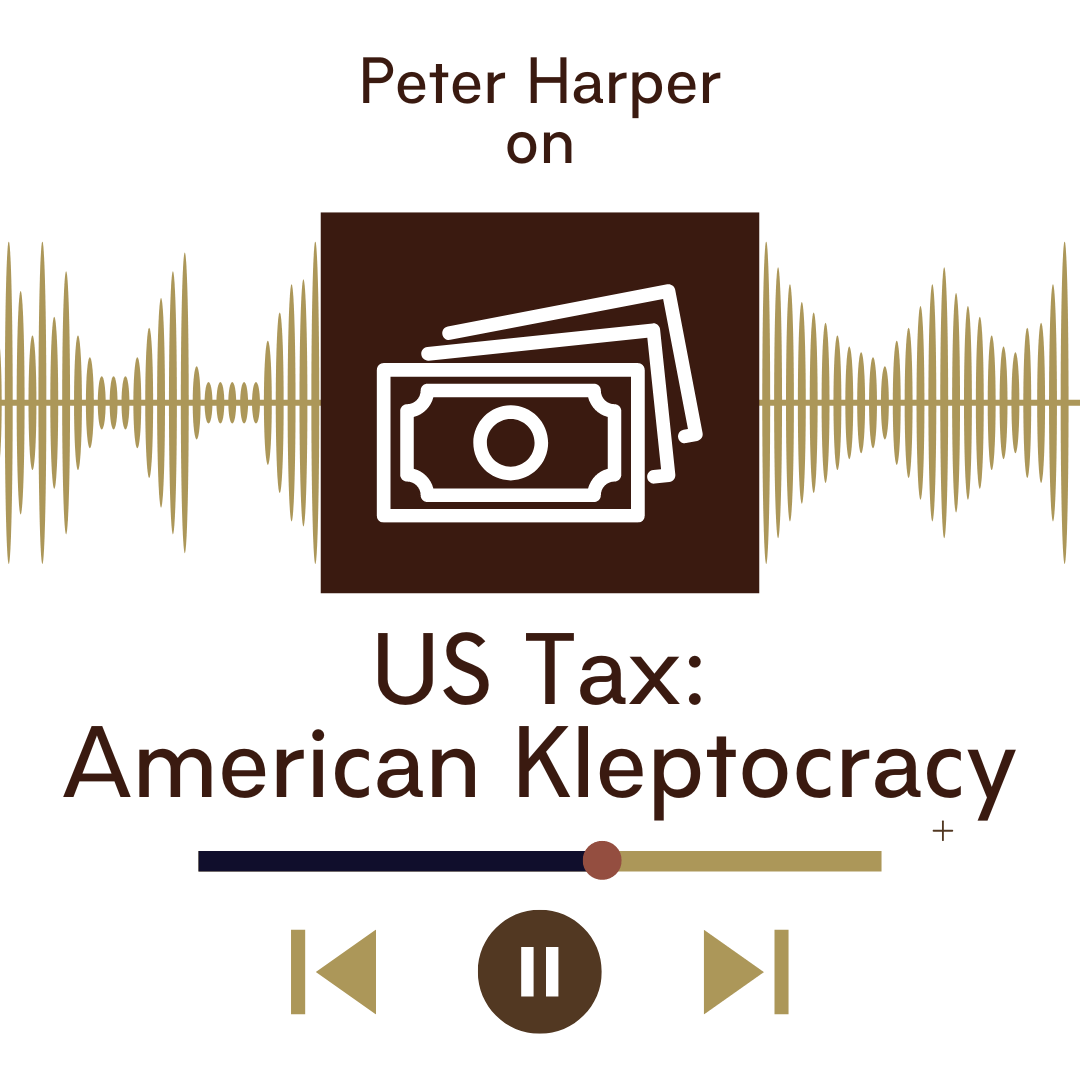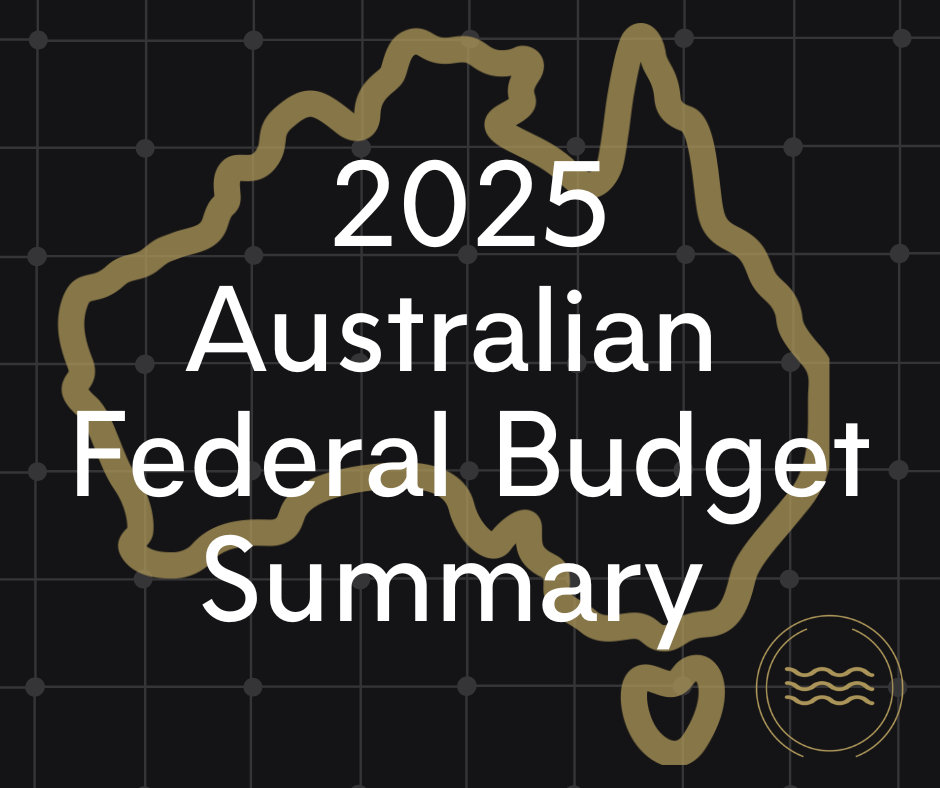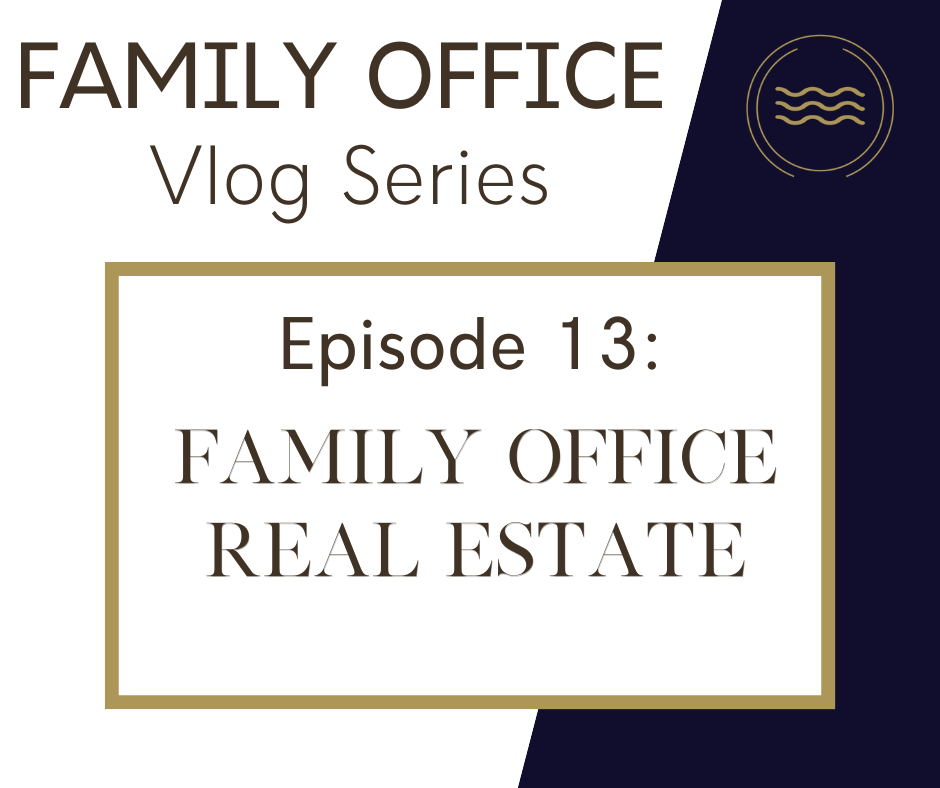
Peter Harper on US Tax – American Kleptocracy
Asena Advisors is proud to present an episode of US Tax, the podcast for Australian accountants with US clients. CEO Peter Harper dives with host Heide Robson into how the United States has become the most popular offshore haven with illicit finances.
Transcript:
Peter Harper: As far as how did a lot of these island nations and tax havens get into trouble, it had nothing to do with their tax rules. Their tax rules in of themselves were completely fine. It was the way that they managed those tax rules in conjunction with their secretive banking practices to effectively hide and laundered by.
[introductory music plays]
Narrator: You’re listening to US Tax; the podcast for Australian accountants with US clients.
Heide Robson: Welcome to Update 33 of US Tax. This is Heide Robson. So now we are back to publishing content that is unique to this podcast here, US Tax. So this podcast, this episode was not published previously somewhere else.
Heide Robson: When I was talking with Peter Harper of Asena Advisors during the last three updates, I asked him about a book. The book is called American Kleptocracy by Casey Mitchell. The full title is American Kleptocracy: How the US Created the World’s Greatest Money Laundering Scheme in History. Amazon quotes the book, “An explosive investigation into how the United States of America built one of the largest illicit offshore finance systems in the world.”
Heide Robson: So I wanted to get Peter’s input on this. And at the time I (had) asked Peter about this book, neither Peter nor I had read it. In fact, the question was unplanned. I didn’t know I was going to ask Peter this (because) my mind sometimes goes off on a tangent. So neither Peter nor I had read the book and we don’t really discuss the book. What had triggered my question to Peter was the blurb on the back of the book. I had read the blurb and let’s just quickly read the beginning of the blurb. It’s quite long, so let’s just read the first one and a half paragraphs and skip some bits to make it shorter.
[transitional music plays]
Narrator: “For years, one country has acted as the greatest offshore haven in the world, attracting hundreds of billions of dollars in illicit finance (that has been) tied directly to corrupt regimes, extremist networks, and the worst the world has to offer. And this one country is the United States of America. American Kleptocracy examines just how the United States’ implosion into a center of global offshoring took place. How states such as Delaware and Nevada perfected the art of the anonymous shell company.”
Heide Robson: So that’s part of the blurb. So this is what triggered my question to Pete, and bear in mind that Peter hadn’t read the blurb. And my question to Peter is, “Do LLCs just help to hide assets, or do they also help to avoid tax? And if the latter, how does that work? How can you avoid tax using an LLC? Is that what this is about?”
[transitional music plays]
Heide Robson: Before we start, please let me just quickly play you the legal disclaimer that Peter Harper has recorded for you.
Peter Harper: So we talk about those complex questions. I want to caution listeners that each case that may come before them will be unique, and it is vital that they consult with someone that has US expertise in order to handle delicate matters. These topics are not simplistic and need experience and proficiency to tackle. So please reach out to us to address any issues that your clients may bring up with the diligence they deserve.
[transitional music plays]
Heide Robson: Here’s Peter’s answer:
Peter Harper: If you’re a conspiracy theorist, which, in every conspiracy theory, there is some truth. But this is the reality of what happened: the US went out with fat (finger) error, and through all this stuff that happened in Switzerland with UBS, and then in Asia with HSBC, you know, the offshore stuff, and applied these very draconian empirical financial laws.
Peter Harper: The US has gone around and set up all these mutual disclosure regimes around extracting information and information sharing, all that type of stuff. But its states, in itself, are not actually bound by those jurisdictions. And then, you’re quite right, the structure of the LLC is kind of hiding in plain sight, right? Because if you’re generating non-US sourced income and you’re a non-US owner, it’s not subject to US taxation.
Heide Robson: So you basically have three buckets: in the first one, you have EFTP. In the second one, you have ECI. And then in the third bucket, you have income that is neither EFTP nor ECI, and this third bucket does not get taxed in the US if you are not a resident of the US. And so you are referring to this third bucket that is not taxed in the US if it flies through an LLC.
Peter Harper: Yeah, correct. So this is the thing: when you think about a US LLC, and this took me a while to wrap my head around, I spent a lot of time thinking through this. I’m like, “Oh, well, you know, there’s automatically got to be this notion or presumption of a US LLC having a US trade or business,” because my first exposure to an LLC and a lot of people is they go, “Ah, it’s a partnership.” And that is true. When you add multiple people together in a US LLC like it is in Australia, there is this presumption when you have a partnership in Australia that it is two people in business with a view of profit, right, that creates this nexus sort of business. In the US, that’s conceptually true, but it’s not guaranteed. In the context of a single-member LLC, categorically, it’s really straightforward; if you don’t have US-sourced income, so (like) you don’t have a US tradeable business with effectively connected income and you’re not generating US FDAP income, there’s no US tax.
Heide Robson: To just kind of guess what structure they are aiming at, it would be a single-member LLC that is then held by a multilayer structure of international shell companies in tax havens. So you would have a single-member LLC that is held by a tiered structure of companies in tax havens. Most likely then, also, with not even a registered shareholder, but just holding certificates, so that it’s very difficult to work out who is actually owning these assets in the LLC, correct?
Peter Harper: Yeah, correct. So what then happened when all these tax havens got hit through the last round, again, the money always looks around the world. And obviously getting bank accounts and all that type of stuff is very different, right? Because you’ve got to go through and deal with anti-monetary (laundering), or AML, policies and all that type of stuff. But just that process of having a legal structure where you’re not concerned about getting access to US banking. And this is where a lot of the European nations and other countries have since kind of paid the heavy price. (And what) really pushed back at America is America’s willingness and desire to regulate the rest of the world, but its unwillingness to let the rest of the world regulate it, right? And I think when you’re the biggest economic gorilla in the room, you get to push a different agenda. But that is absolutely the truth when it comes to wealth structuring that’s driven by confidentiality today.
Heide Robson: So we identified how it might be structured, but the question is what income could actually flow through it. Because I think the main income that is in this third bucket where it’s neither EFTP nor ECI is when you have product businesses selling products from outside the US into the US. Because then you don’t have a US trade or business, you don’t have an FDAP, hence you are in this third bucket.
Heide Robson: But I think as a vehicle for major tax avoidance, I can’t see how it works. Because, for example, if you set up an LLC that is then held by a multi-tiered structure in tax havens and multiple tax havens scattered across the globe. If you have passive income running through that LLC, you have FDAP, hence it’s taxable in the US. Unless, of course, you’re aiming at capital gains, yes. So it would be mainly capital gains then because they would be-
Peter Harper: FDAP has still got to be coming from a US source. Really where, I think, this has gone, right, it should be very, very clear. This is something I can see how it resulted like this, but we’re not in the business of helping this stuff happen is… I think it’s really (that) a lot of this is driven by folks that have got money that may not have paid (the) proper tax. That may have some issues around how it was derived. And so the only way this kind of works as being a tax haven, it’s a tax haven in the sense that you can have non-U.S. sourced income flow into a US structure and flow out of a US structure.
Peter Harper: What the US gives these clients is (that) they give a really high level of confidentiality that they probably used to have in places such as Switzerland and in Hong Kong that they don’t enjoy anymore. And that’s really it. Because if you think about tax havens, if you really think about most tax havens as they used to exist for many, many years, there’s been really strong anti-avoidance provisions that have existed in most major city nations across the world. But so the ability to maintain substantial amounts of capital in offshore tax havens without attribution, you know, it’s not impossible, but it’s been extremely limited over the course of the last 10 to 20 years. So then the people that are storing money there are just… They’re doing it by being dishonest as far as compliant with the rules.
Peter Harper: So I think why a lot of people are saying, you know, they go (and) say, “Is [the] US a tax haven?” They’re thinking about it in the context where they’re saying, “Okay, you’ve got an LLC, you’ve got a foreign owner, you’ve got income coming into an LLC that’s foreign-sourced (and) that’s flowing back out to a foreign owner. Therefore there’s no US taxation.” Now Americans sometimes jam up and say, you know, “Tax haven.” I’m like, “Okay, well, Australia has a whole bunch of rules. They like to take the conduit, foreign income rules. You got foreign-sourced income flowing through a foreign holding company back out to a foreign owner. There’s no Australian tax.”
Peter Harper: So this notion that it’s really a tax haven automatically on its own, I think, just by virtue of the fact you’ve got income flowing out and not being taxed, that’s a bit of a rich statement. I think what is a fair statement is it is that coupled with the rules that each of these states has implemented around confidentiality. And to me, that’s a bigger issue. The confidentiality (and) the rules they have around confidentiality are more of an issue than the tax rules in of themselves. And some of these rules are not too dissimilar from places like the Cook Islands.
Heide Robson: Yes. Now I’m with you, Peter, because I couldn’t see the tax avoidance, because when you have FDAP, for example, you have withholding tax. Yes, the capital gains would not be taxed in the US and hence would be taxed probably nowhere if the whole structure is held in a tax haven. But I agree with you. It’s really the privacy rules that are around these LLCs by the different states who establish these LLCs. That’s really where you can then hide assets; it’s more about hiding assets than avoiding tax, correct?
Peter Harper: Yeah, correct. And I think, really, if you actually survey a lot of the most recent (years), particularly over the last 30 years, as far as how did a lot of these island nations and tax havens get into trouble. It had nothing to do with their tax rules. Their tax rules in of themselves were completely fine. It was the way that they managed those tax rules in conjunction with their secretive banking practices to effectively hide and launder money, right? And I think the concern with America is, “Hey, guys! You guys went around with a sledgehammer and smashed up the whole offshore tax world.” Right, which is fair enough. You think that’s bad guys doing bad things, anti-money laundering basics. But then at the same time, you’re happy with some of your really more Republican-in-nature states to say that, “Come and put your cash over here or your assets over here and no one can know about it.” It was just one of those things, I think that you know, a lot of people, particularly in Europe, feel that it was a very sort of unfair thing.
[transitional music plays]
Heide Robson: Welcome back. So the criticism leveled at US LLCs is not about tax evasion, because when you have assets in the US that earn US-sourced income, usually for FDAP, you pay tax in the US. Not you, but the LLC which holds those assets pay tax in the US.
Heide Robson: So LLCs in this web of illicit finance are not about evading tax, but are about hiding assets. So if you are a dictator or an oligarch or a corrupt official or a money launderer or a drug or illegal weapons dealer, in short, if you have assets that you shouldn’t have, then US LLCs allow you to hide those assets. So your LLC will still be paying tax in the US, but folks back home can’t see where your assets are. So when you look at offshore tax havens, LLCs, and the lot, distinguish between tax evasion and the hiding of assets, tax evasion has become a lot harder with FATCA, the U.S. Foreign Account Tax Compliance Act, and the Common Reporting Standard, CIS, (which is) the equivalent to FATCA for non-U.S. countries. So tax evasion has become a lot harder with FATCA and CIS, but you can still hide assets. And one way to do that is a US LLC.
Heide Robson: So that’s all for today. The next episode will come out soon. We don’t have a set schedule or rhythm for US Tax. It just would get too much to publish each week on Tax Talks, as well as US Tax. Apologies. So we just publish US updates here as they come.
Heide Robson: Thank you for listening. Bye for now and see you in the next update.
[closing music plays]



